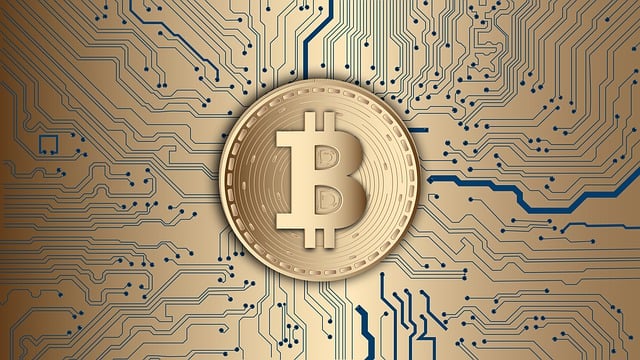- Robert Kiyosaki has purchased more bitcoin, warning that the collapsing financial system and weakening fiat currencies demand urgent action.
- He believes bitcoin’s scarcity, decentralization, and strength as a hard asset could drive its price to $250,000 .
Rich Dad Poor Dad author Robert Kiyosaki has purchased more bitcoin as of June 11, 2025, reinforcing his long-standing belief in bitcoin as a hedge against global financial instability. His recent buy comes amid rising fears of economic collapse, inflation, and failing fiat currencies.
Robert Kiyosaki Takes Action as Bitcoin Remains a Safe Haven
In a bold post on platform X, Kiyosaki wrote:
“Your future is decided today!!!”
He announced he was buying more bitcoin and working on a new book focused on entrepreneurship. His message? Waiting is risky, and now is the time to protect wealth.
This isn’t a new stance. In 2024, Kiyosaki predicted that bitcoin could reach $250,000. While BTC hasn’t hit that target yet, it continues to show strength in 2025, trading well above its early 2023 levels.
Why Robert Kiyosaki Still Trusts Bitcoin
Kiyosaki believes fiat currencies are rapidly losing value due to central bank mismanagement, rising debt, and inflation. He favors bitcoin for several reasons:
- Limited Supply: Only 21 million bitcoins will ever exist
- Decentralized System: Individuals, not governments or central banks, control it
- Borderless Wealth: Bitcoin allows fast and global money transfers
- Strong Performance: BTC gained over 150% between January 2023 and early 2025
He also points to the 2023 U.S. banking crisis, when multiple regional banks collapsed, as evidence that the traditional system is fragile and unstable.
Urging the Public to Act Now
Kiyosaki’s bitcoin purchase isn’t just a personal investment — it’s a public signal. He warns that retirees and the middle class could suffer most from monetary instability if they fail to shift toward hard assets.
His message is clear: act now or risk losing financial security.
“Please don’t waste it,” he said, referring to today’s opportunity to invest in bitcoin, gold, and silver.
As digital assets gain popularity in 2025, Kiyosaki’s move reflects growing distrust in fiat systems and rising interest in decentralized alternatives like bitcoin.
DISCLAIMER:
The views and opinions expressed herein are solely those of the author and do not necessarily reflect the views of the publisher. The publisher does not endorse or guarantee the accuracy of any information presented in this article. Readers are encouraged to conduct further research and consult additional sources before making any decisions based on the content provided.

